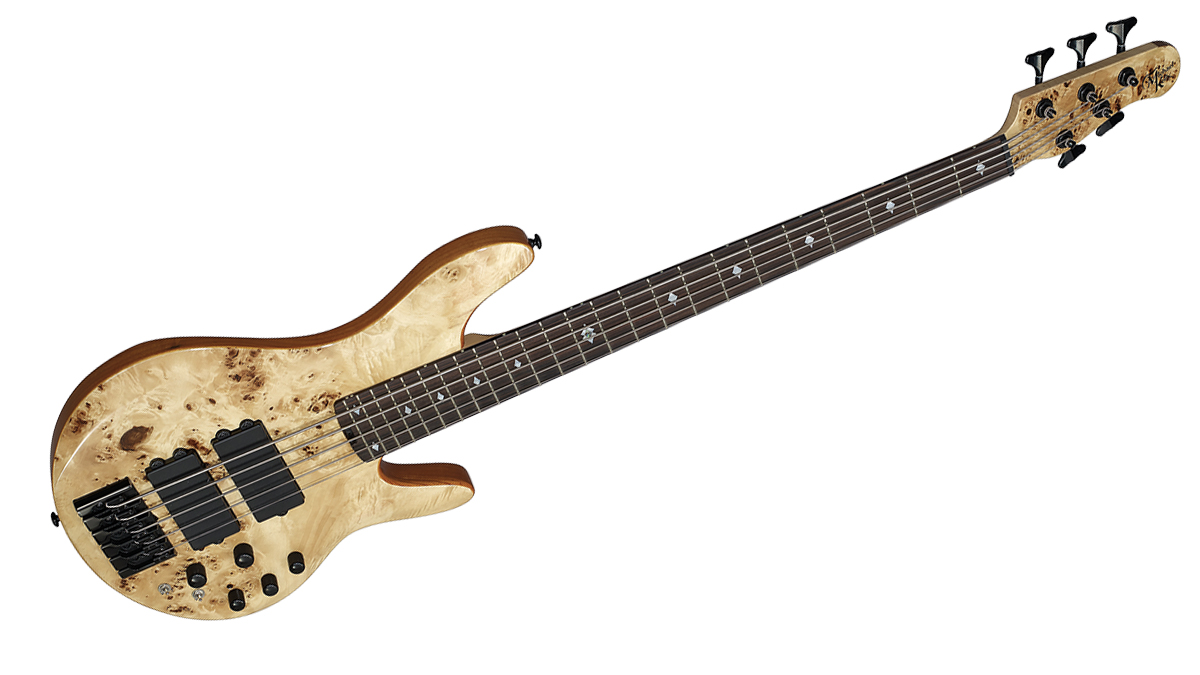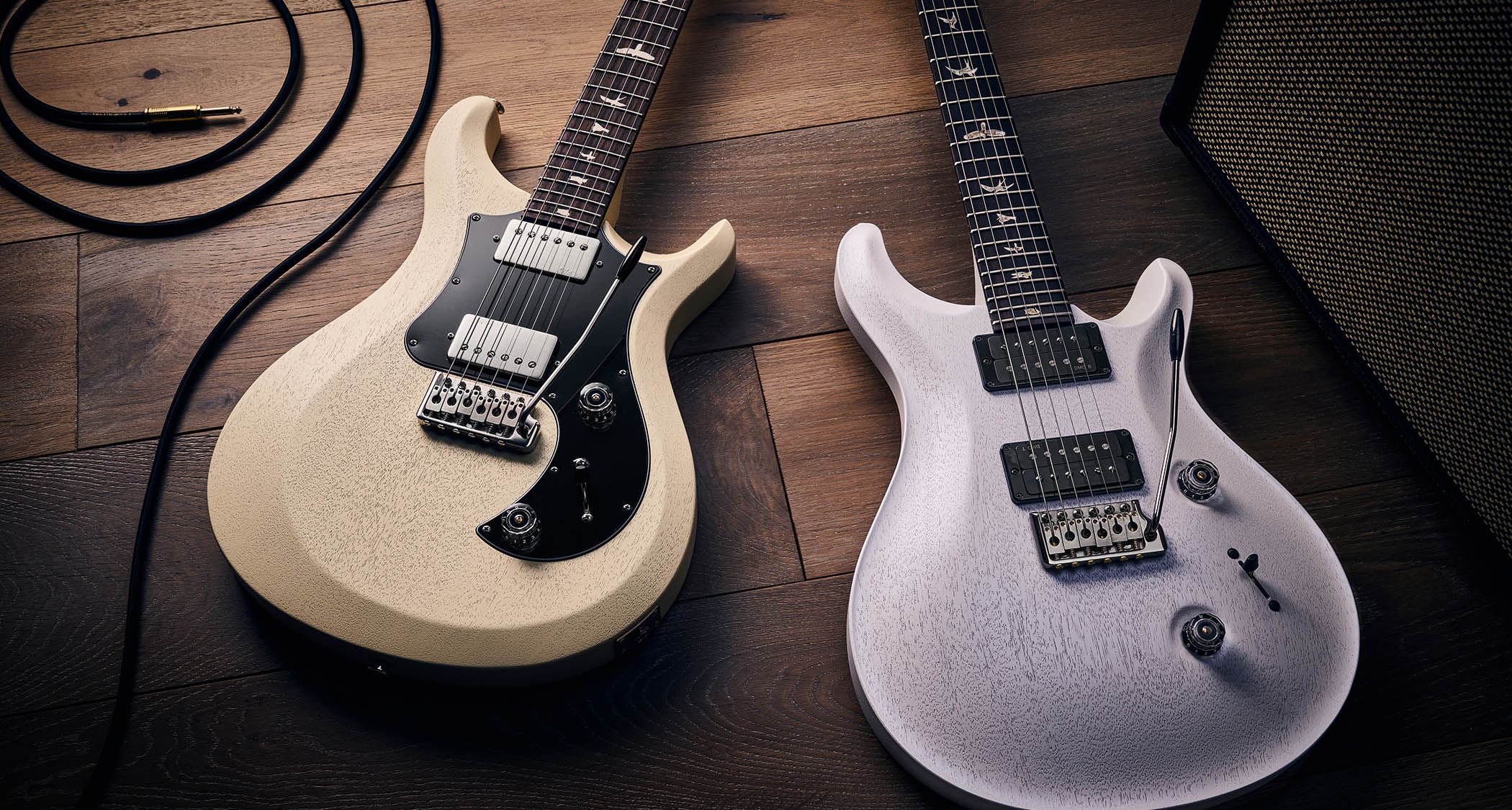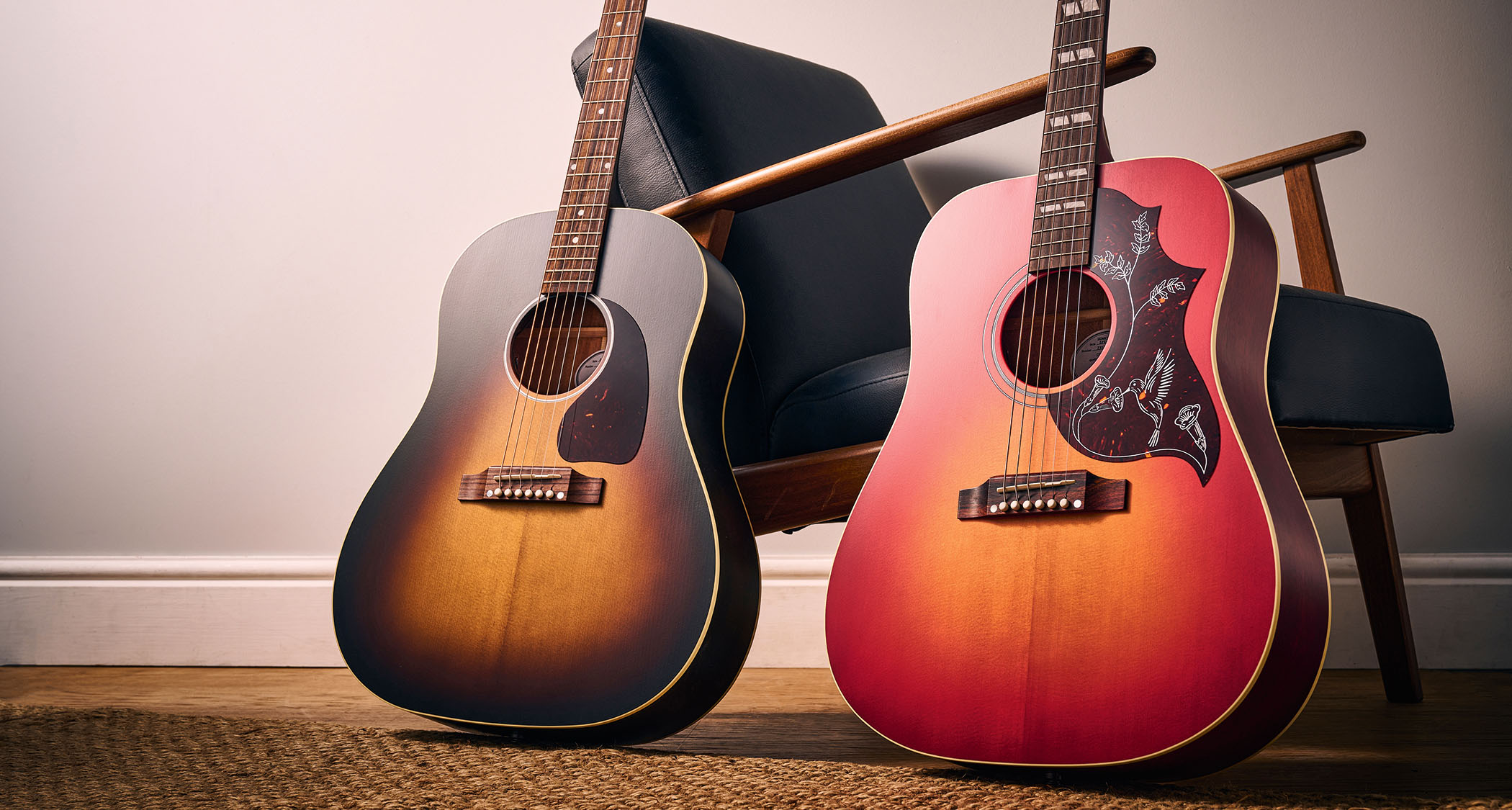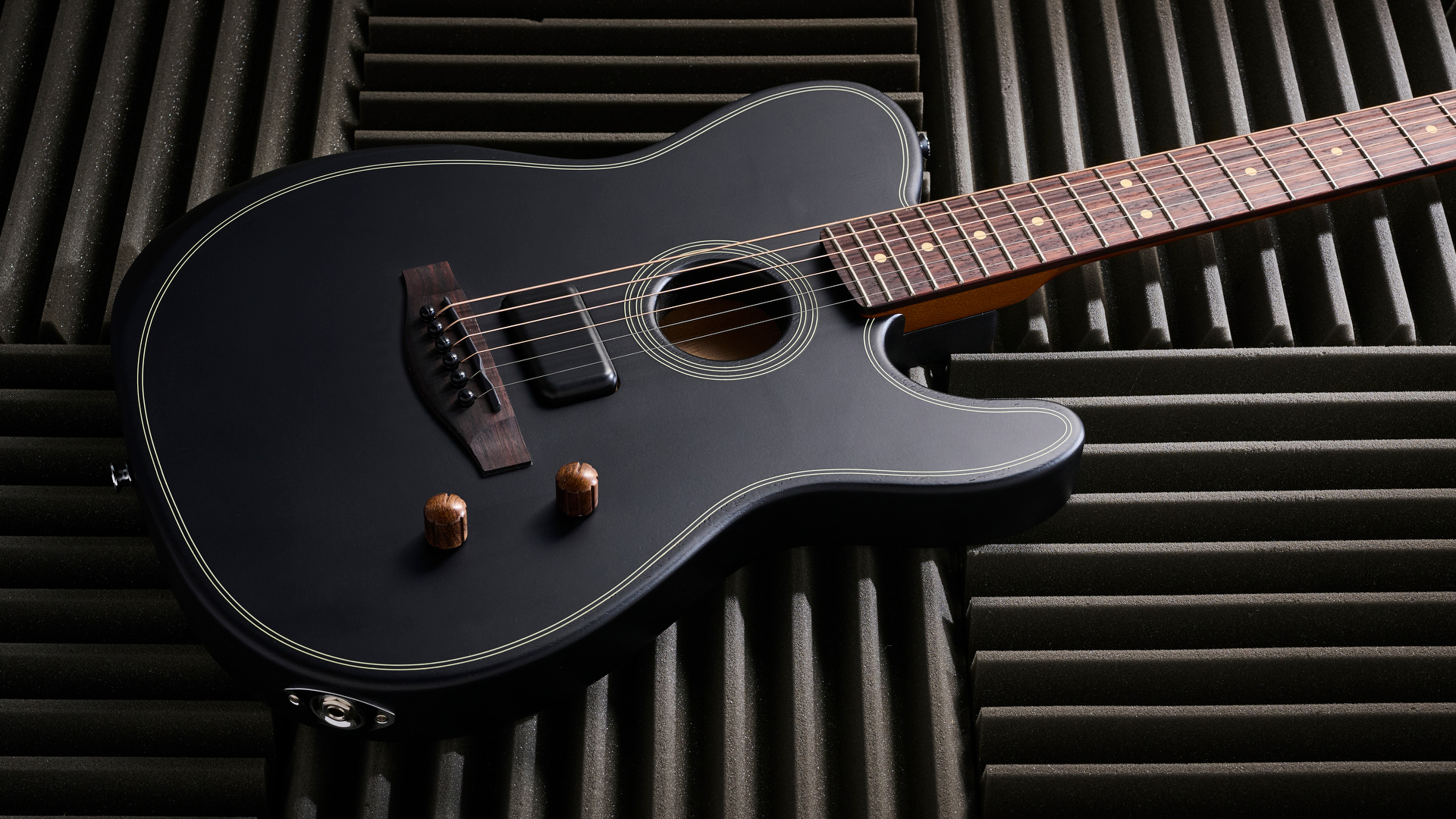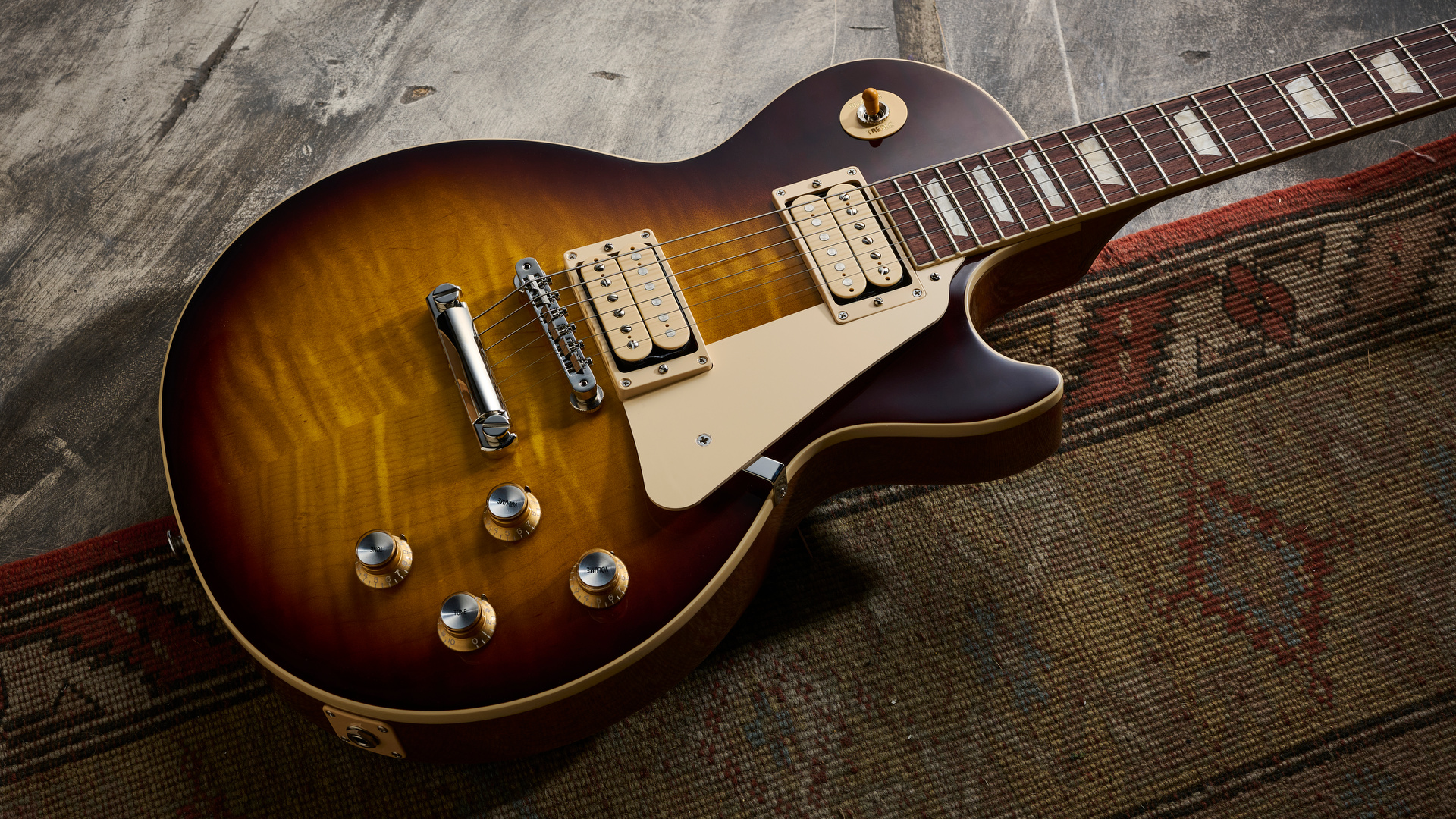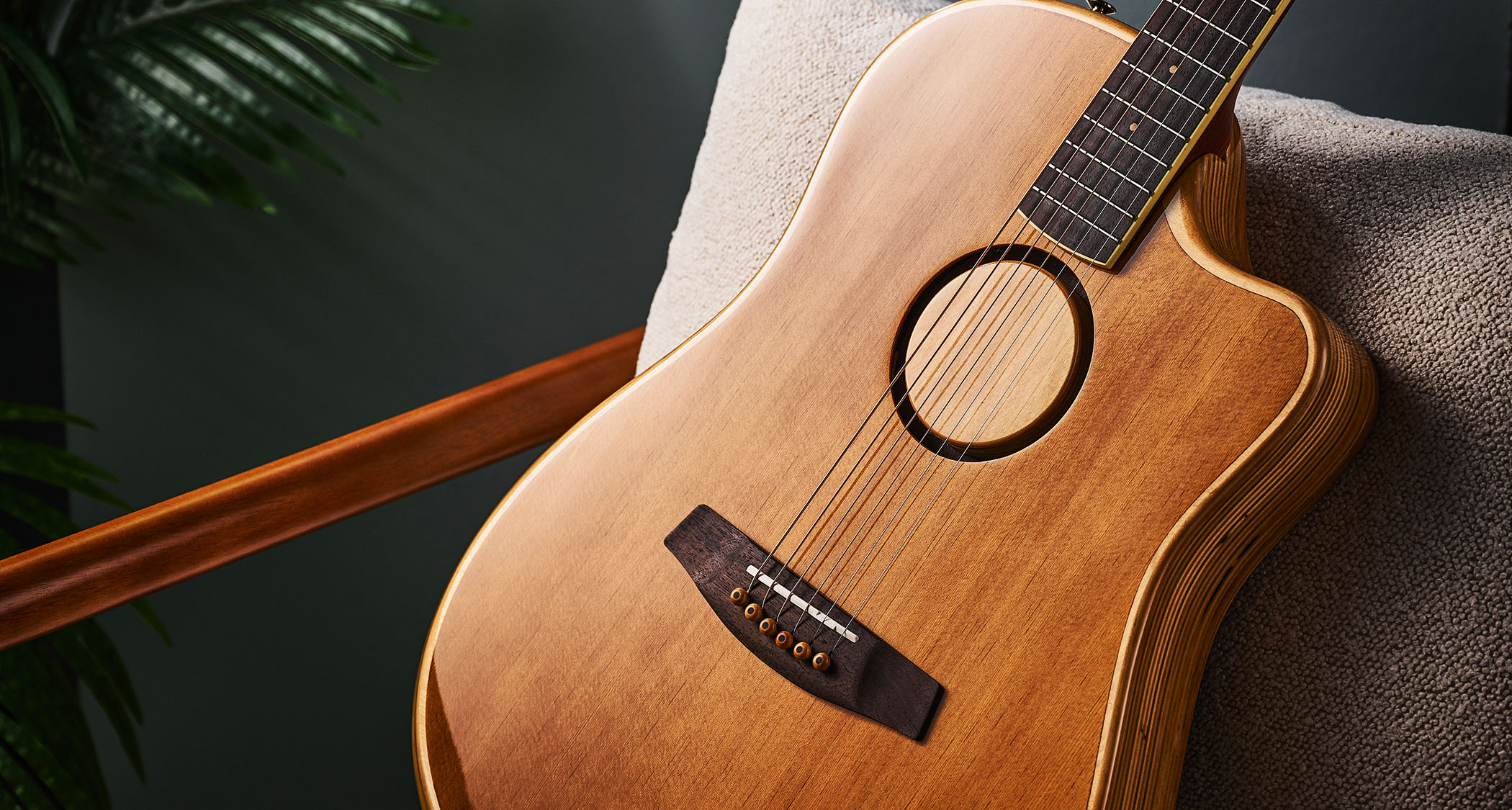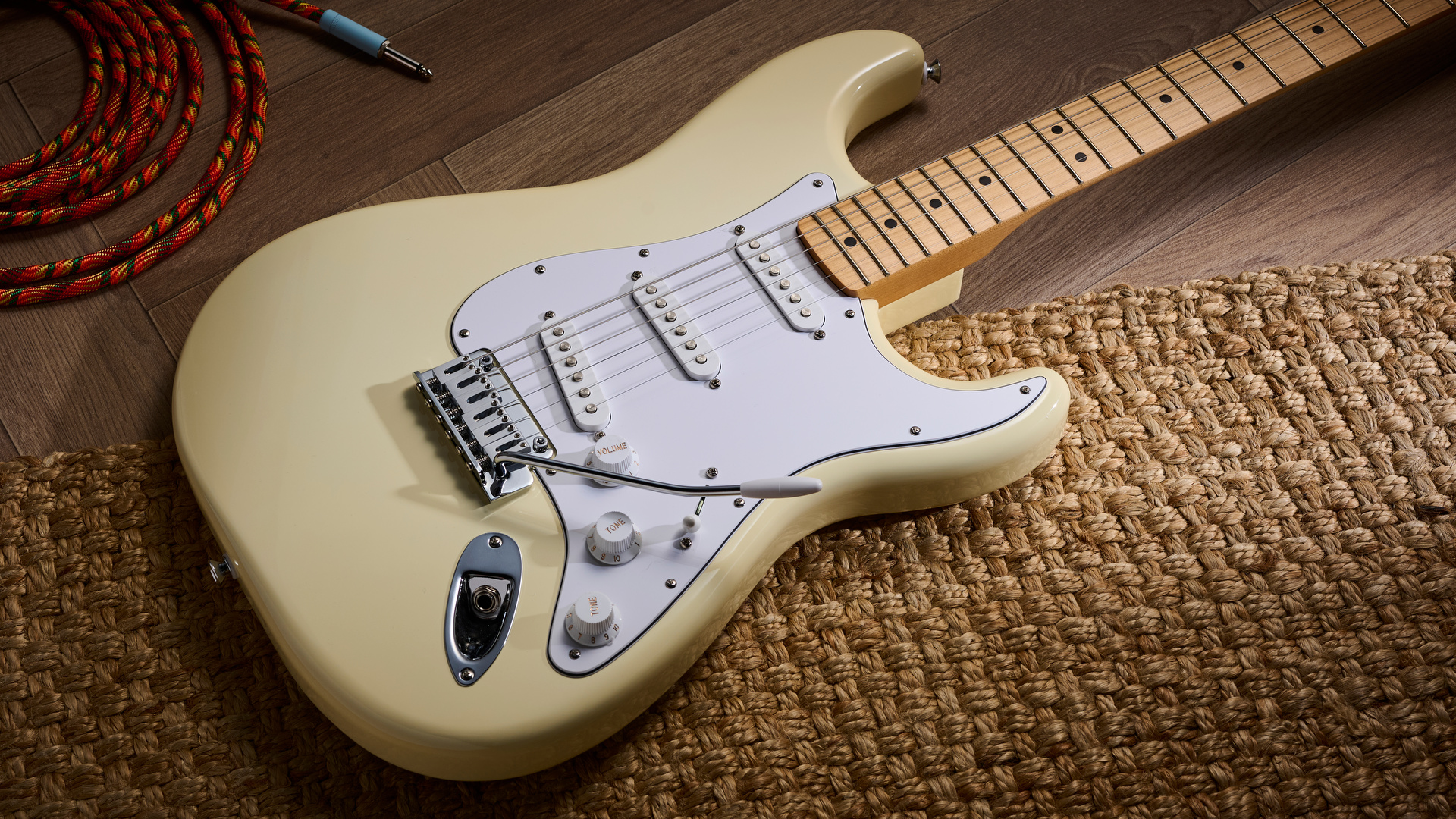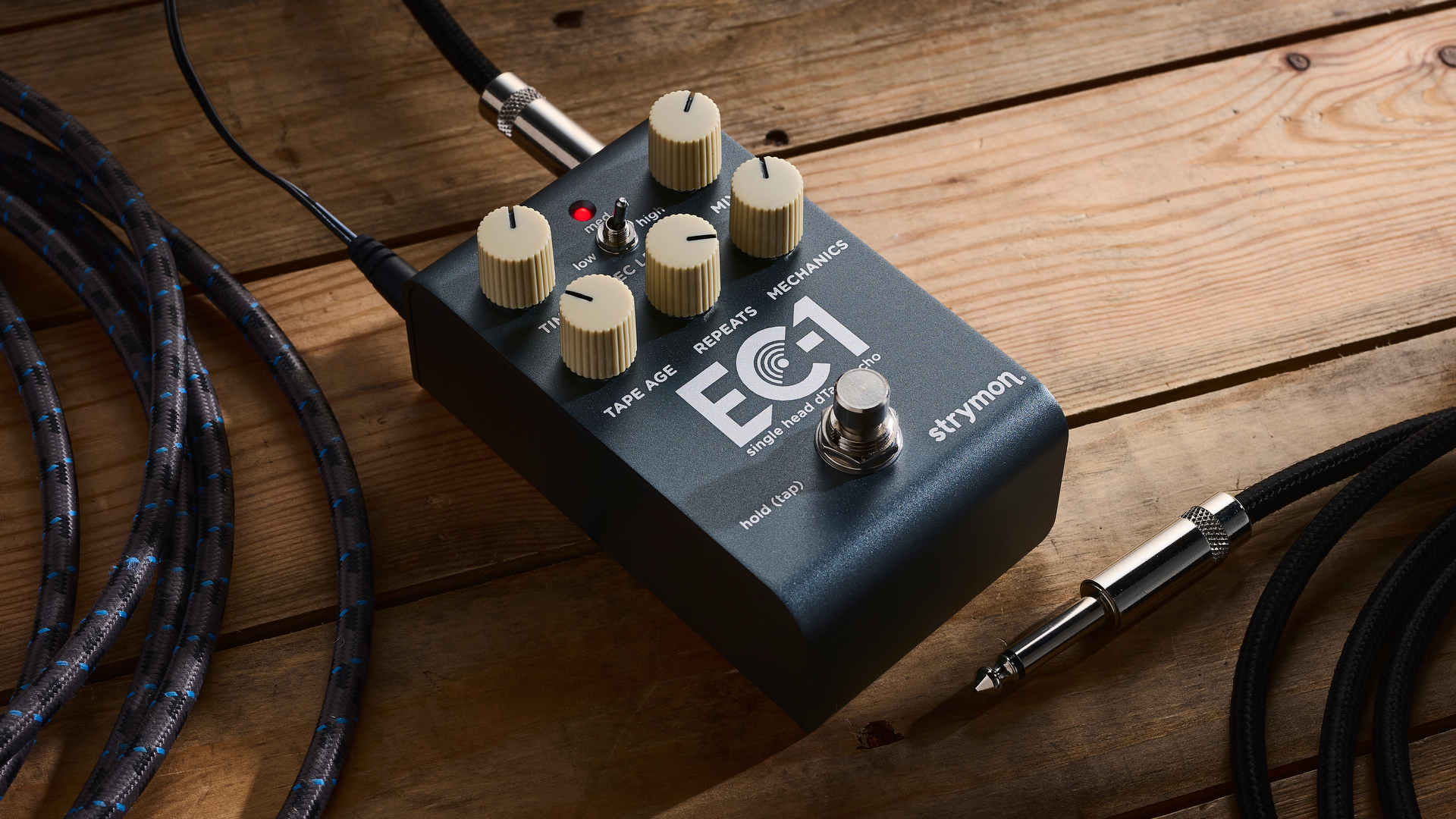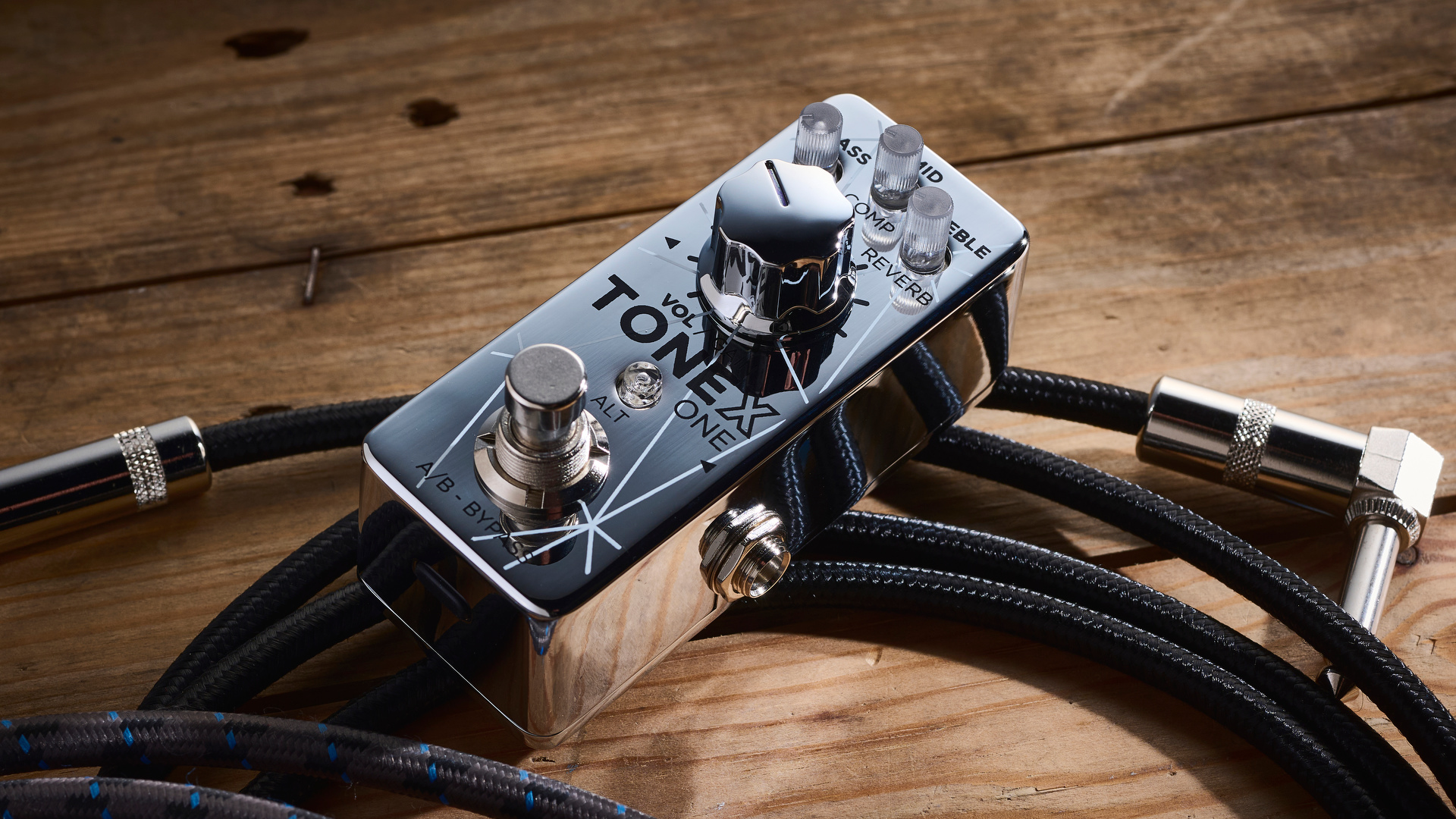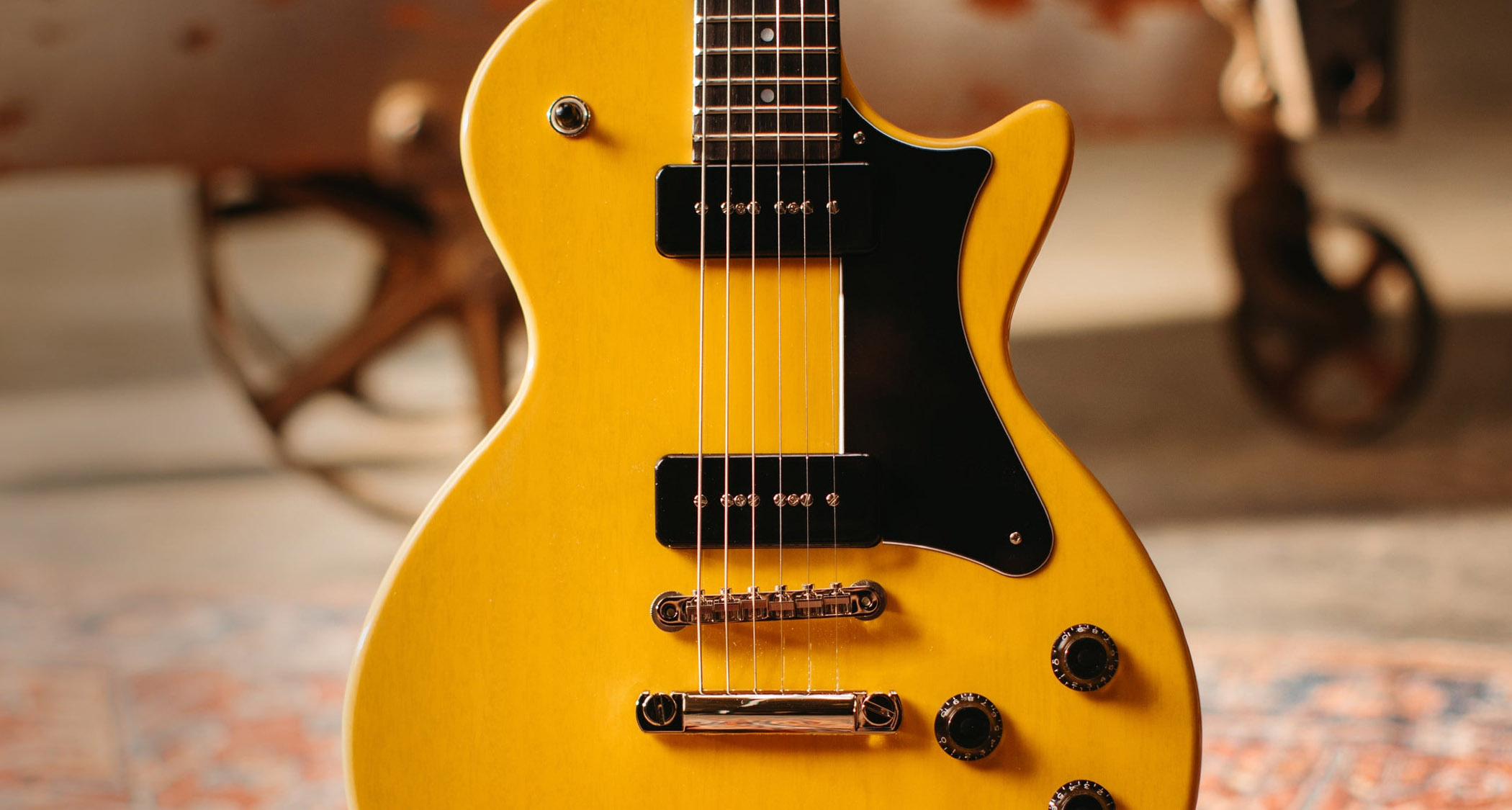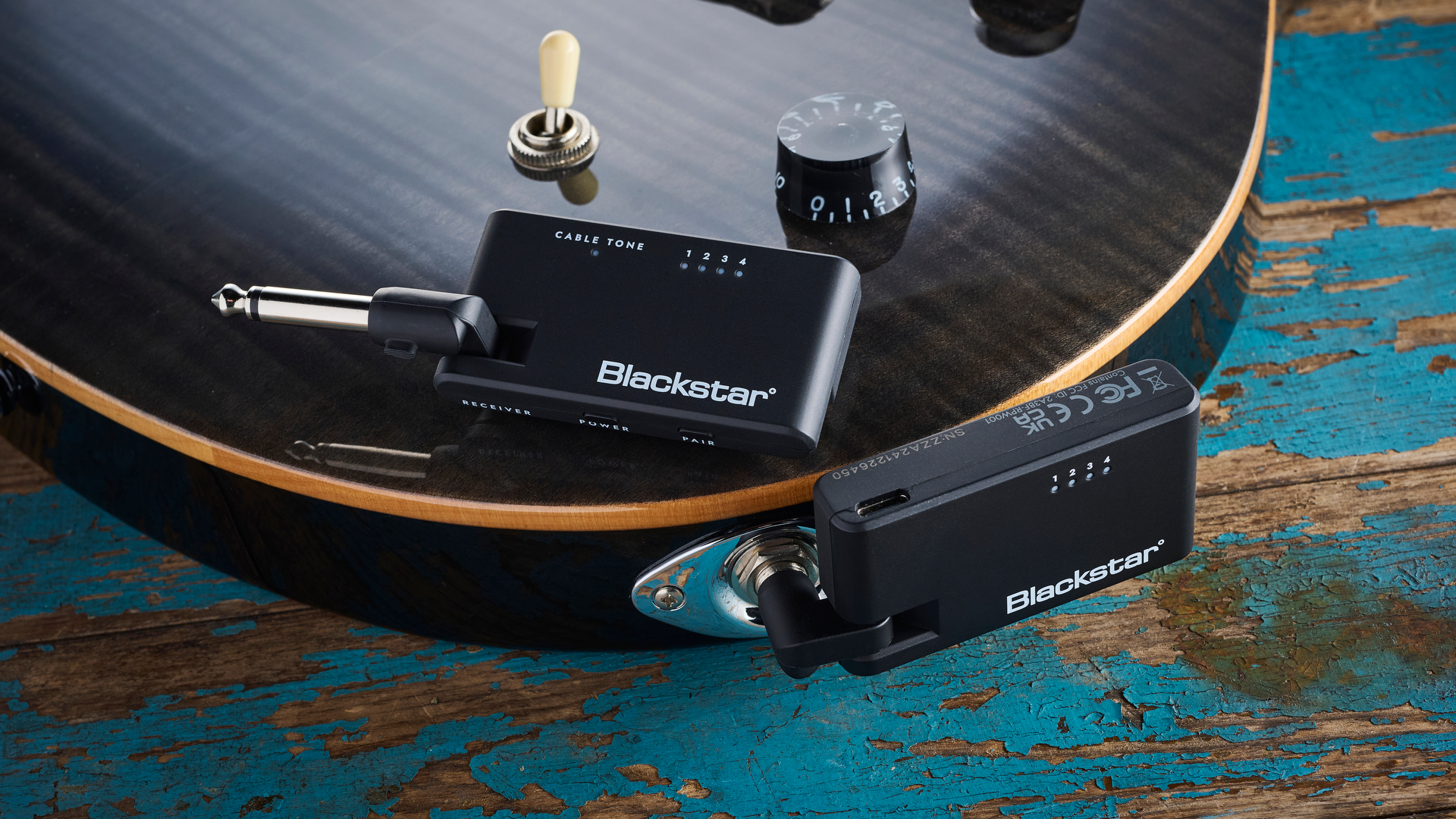Guitar World Verdict
A versatile, custom shop-level instrument at a mid-range price.
Pros
- +
Robust tone sculpting options.
- +
Price.
Cons
- -
No hardshell case offered.
- -
You can trust Guitar World
Founded in 1999, the US-based Michael Kelly Guitar Co. was launched primarily for the manufacture of acoustic bass guitars and mandolins – instruments that the company felt were badly underserved by large-scale manufacturers.
Guitar and bass lines soon followed and in due course, Michael Kelly earned a reputation for crafting high-quality instruments with an expansive sound, and the build and appearance that one would expect from a boutique manufacturer.
This year, the company released the Pinnacle four- and five-string models, with a view toward offering basses with more robust tone-sculpting controls and a unique, custom shop appearance. It is an impressive range, and given the broad array of features included, our expectations are high. We pile straight in...
Build Quality
For evaluation purposes, we request a five-string – and as we extricate it from the packaging, our first impression is how heavy it feels, given its thin swamp ash body: this is not a bad thing, by any stretch. The Pinnacle 5 also features an eye-catching burled poplar top that endows each instrument with a unique, hand-crafted appearance.
The five-piece bolt-on neck boasts a 34” scale with maple and walnut layering, and a thin C-profile that allows for effortless navigation from saddle to nut. From the nut, the neck expands from 1.77” to a generous 3.07” at the highest fret. Diamond inlays and glow-in-the-dark side markers run along the dark ebony fretboard.
In line with the Pinnacle’s subtle elegance, two jet-black custom-wound Rockfield MDC5 humbucker pickups sit above the bridge. Each coil has a dedicated coil-split switch to offer players a clean, smoother tone, as needed.
There is also a master volume knob with a push-pull functionality to allow for active and passive switching and a pickup balance knob beside it. A three-band EQ system (Bass, Mid, Treble) runs along the bottom, which is engaged when the master volume knob is set to active mode.
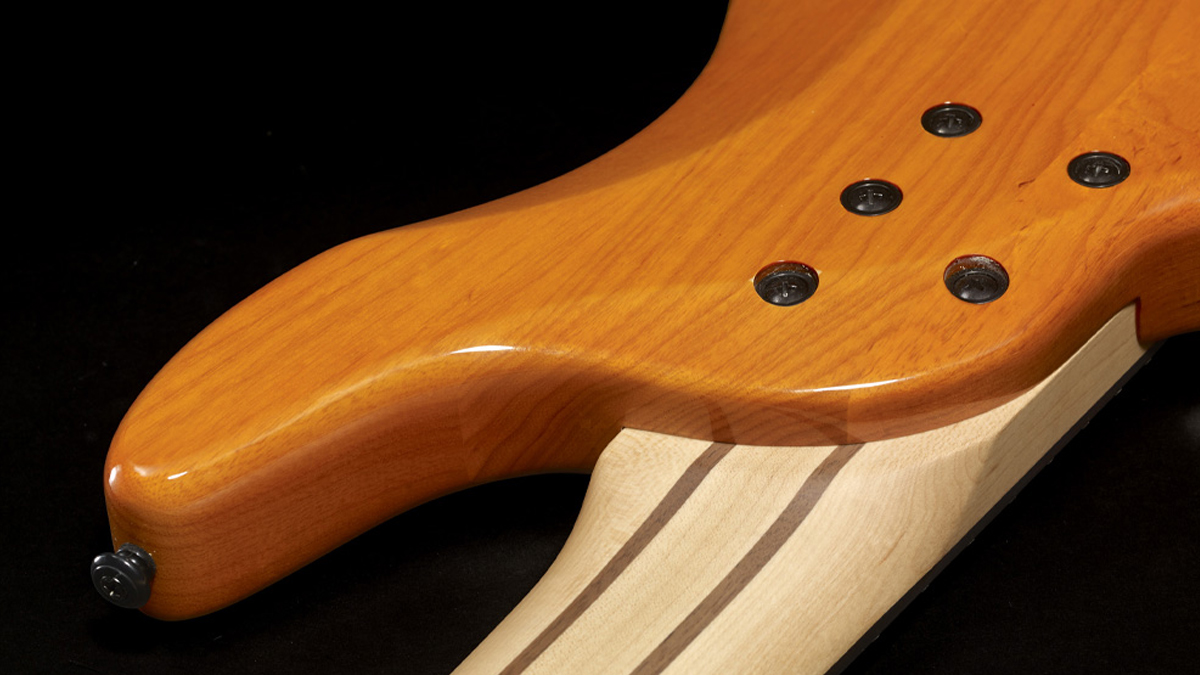
Sounds and Playability
Thankfully, the bass is masterfully set up on arrival, and with active mode of the master volume engaged, we thumb the low B-string and fill the room with a thick, rumbling tone plus impressive sustain. The dual coils deliver a thick, meaty sound, offset with a sharpened midrange attack. Running up the neck, the mids cut through quite sharply, but when we flip to single-coil on the two pickups, the notes take on a pristine clarity that would work well in a jazz setting.
Experimenting with the EQ knobs allows us to pan through a vast palette of sounds, stretching from warm and creamy blues tones to jagged, punchier vibes that would fit well in any style of heavy music. The tone-shaping possibilities extend as far as one’s imagination.
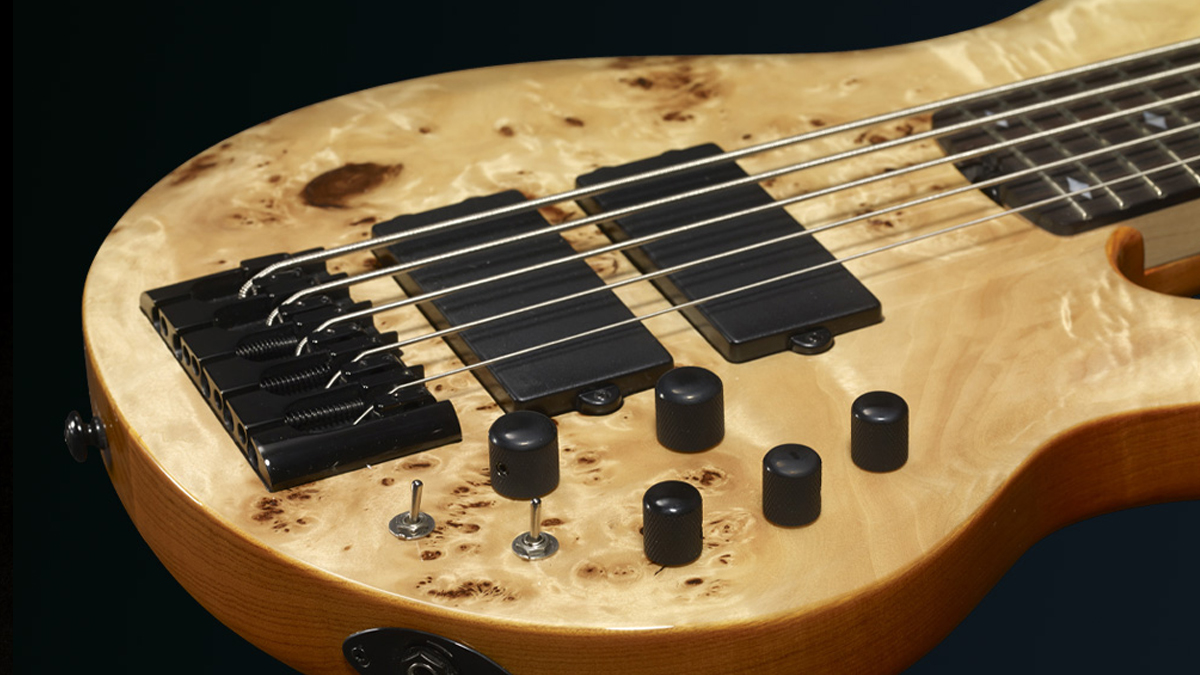
In passive mode, we tap into a classic P-Bass tone which, not unexpectedly, results in a dramatic ebb in potency. Passive mode is a nice option, and along with the coil-splitting switches, the Pinnacle offers a number of options for tempering one’s attack without fiddling with a pedal or amp. Running through a variety of genres, we find that the Pinnacle is more than equal to whatever task it may face, be it in a gig, in the studio or wherever one might find themselves.
Whether played standing or sitting, the Pinnacle is well-balanced – and helpfully, the lower horn includes a deep cutaway that allows us to access the highest frets with uncommon ease. No gnarled finger stretching is required to comfortably tap any of the 24 medium jumbo frets.
The headstock includes black MK diecast tuners, and the MCN5 bridge features adjustable saddles to allow micro string spacing adjustments with relative ease. There’s also a spoke wheel at the base of the fretboard for quick truss rod adjustments.
Conclusion
If you’re the type of player who favors the plug-and-play simplicity of a P-Bass, this instrument is not for you. However, for those rhythmic voyagers who prefer an extensive suite of tone-shaping controls at their fingertips, the Pinnacle presents an attractive option. Sturdy, playable and fitted with high-quality electronics, it is a joy to play.
This brings us to our final point: We had assumed that the Pinnacle would cost at least a couple of thousand of your taxed income. Imagine our surprise when we learned that it costs much, much less. With this in mind, the Pinnacle emerges as not only one of the more versatile new offerings of the year, but one of the better values as well.
Specs
- PRICE: $779
- MADE IN: Indonesia
- BODY: Swamp ash with poplar burl top
- NECK: Five-piece maple and walnut, 34” scale
- NECK JOINT: Bolt-On
- NUT WIDTH: 38.5mm
- FINGERBOARD: Ebony
- FRETS: 24 medium jumbo frets
- PICKUPS: 2 x Rockfield MDC5
- ELECTRONICS: Michael Kelly 3-Band preamp
- CONTROLS: Volume with push-pull for active/passive modes, pickup balance, three band EQ, 2 x mini toggle switches for coil split
- HARDWARE: MK diecast tuners, MCN5 bridge
- WEIGHT: 9.5 lbs
- CASE/GIG-BAG INCLUDED: No
- LEFT-HANDED OPTION AVAILABLE: No
- CONTACT: Michael Kelly Guitars
“Affordable versions of the three best basses I've ever held in my hands”: Sterling by Music Man completes its trilogy of Joe Dart signature models with a trio of made-to-order basses that cost less than $500
“The ace up the sleeve of bass players around the globe since 1978”: Tobias instruments were trailblazers in the bass world. Now they’re back as part of the Gibson family
